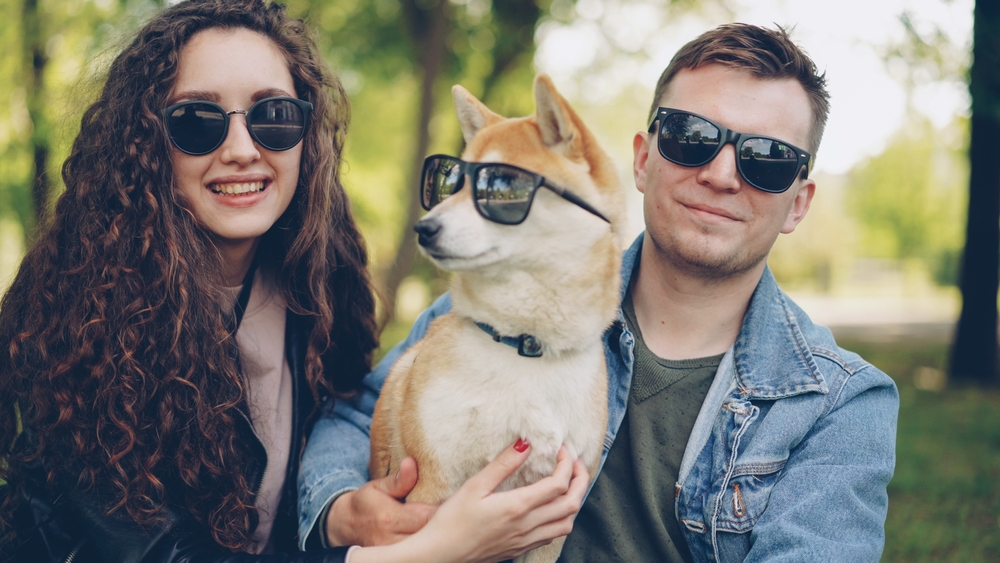Have you ever looked at your dog and thought they were starting to act a bit like you? Science now supports what many pet owners have suspected for years. A growing body of research suggests that dogs develop personality traits that mirror their human companions. From stress levels to extroversion, your pup could be more of a reflection of you than you think.
The Science Behind the Study
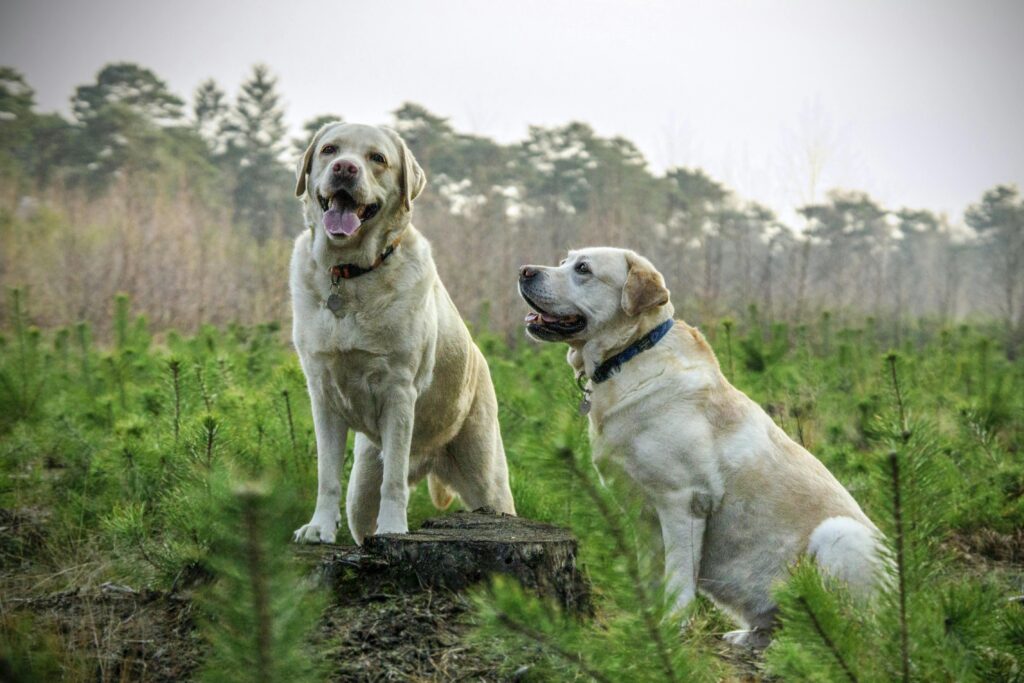
A groundbreaking study published in the journal “PLOS ONE” investigated how dogs develop their personalities over time. Researchers from Eötvös Loránd University in Hungary assessed 389 dog-owner pairs. They asked owners to complete detailed personality surveys about themselves and their dogs. The results showed strong correlations between human personality traits and those of their pets. The researchers concluded that dogs develop traits that closely reflect the emotional states, behaviors, and even stress patterns of their owners.
Key Traits Dogs and Owners Share
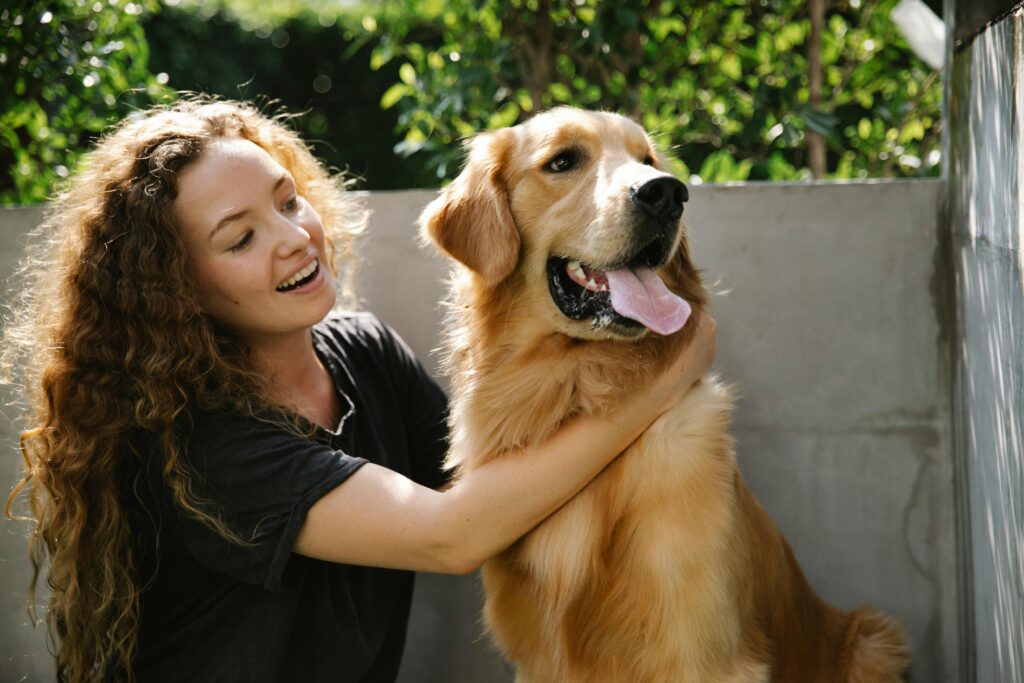
One of the most notable findings was the emotional synchronization between dogs and their humans. Dogs develop signs of neuroticism when their owners are anxious or stressed. On the flip side, more relaxed and outgoing owners tend to have dogs that are social and easygoing. Traits such as agreeableness, openness to experience, and conscientiousness showed the highest parallels. Essentially, dogs develop to become emotional mirrors, adapting their behavior based on the emotional signals they receive from their environment.
Stress Transfer Is Real

Stress is a contagious emotion, and this extends beyond human relationships. The study found that dogs develop similar cortisol levels to their owners. Cortisol is a hormone associated with stress. If you are often anxious or under pressure, your dog might pick up on it and react in similar ways. This emotional tuning happens gradually. Dogs are incredibly observant, and they tend to mimic behaviors they see repeatedly. Over time, these emotional responses become ingrained in their personality.
Dogs Develop Confidence or Timidity Based on You
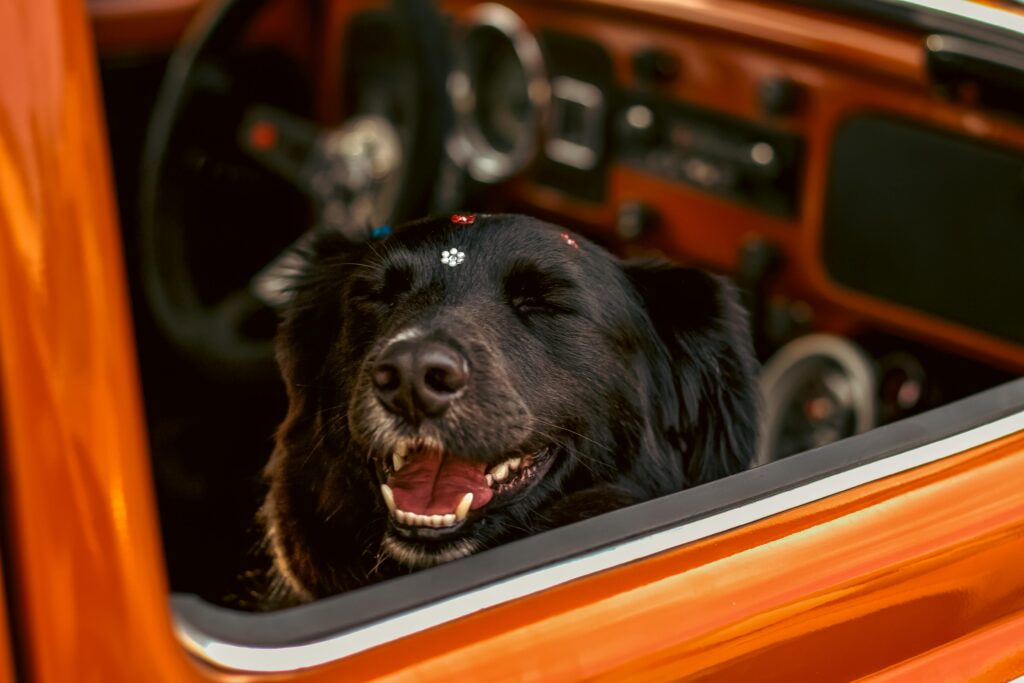
The personality of a dog is not fixed at birth. Genetics play a role, but environment and social learning shape the final result. Confident and calm owners tend to raise dogs who are bolder in unfamiliar settings. If you hesitate or show fear during walks, your dog might start reacting nervously too. Dogs develop social coping skills by observing your interactions. If you engage positively with strangers, your dog might follow your lead. But if you avoid people or appear stressed, your dog may show signs of withdrawal or anxiety.
Training Styles Influence Personality
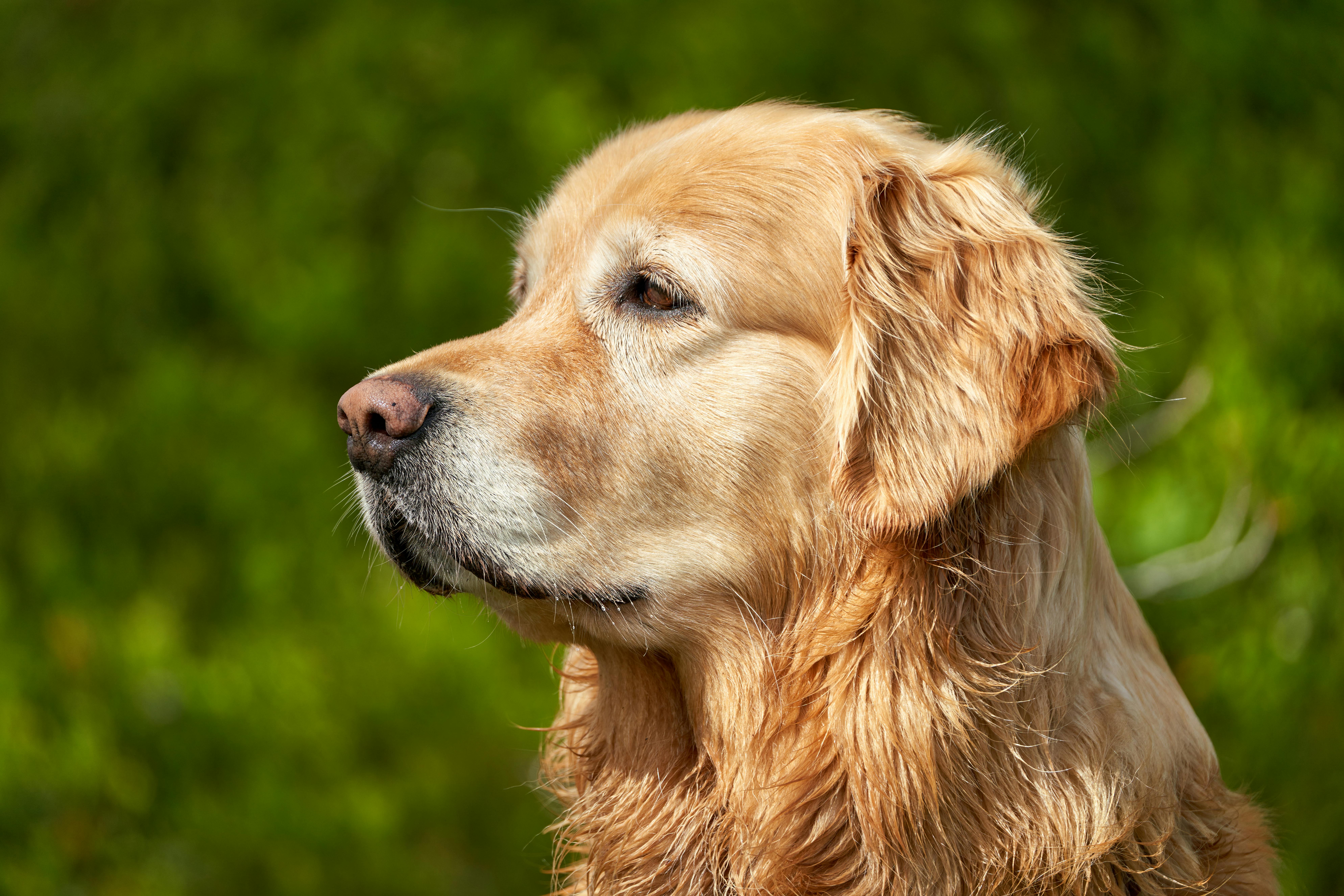
Dogs develop behavioral habits based on how they are trained and treated. Positive reinforcement training can lead to dogs that are cooperative, patient, and curious. In contrast, harsh training methods can create anxious, reactive dogs. This reflects the personality and values of the owner. Owners who are patient, consistent, and empathetic often raise dogs with calm and cooperative temperaments. These dogs are more adaptable in social settings and perform better in cognitive tasks, such as puzzle-solving.
Dogs Develop Attachment Styles Too
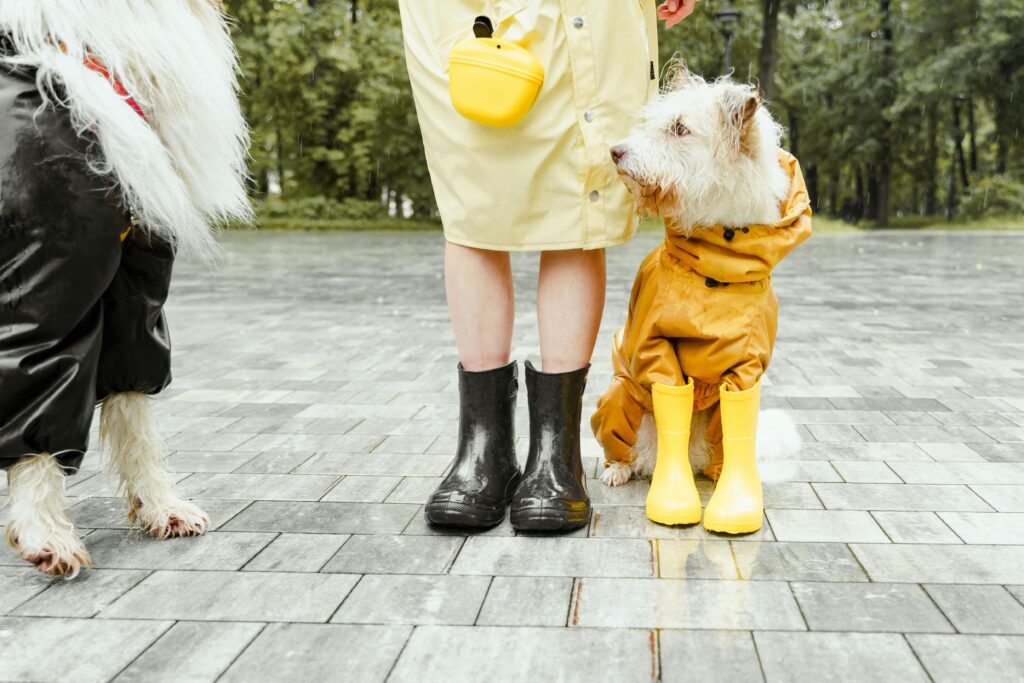
Psychologists often talk about attachment theory in humans. Interestingly, dogs develop attachment styles in ways that mirror this theory. Anxious owners often have clingy dogs who display separation anxiety. Secure and emotionally stable owners usually raise dogs that feel safe even when left alone. Studies from animal behavior institutes show that dogs exhibit secure, anxious, or avoidant attachment types depending on how emotionally available their owners are. This suggests that your emotional consistency plays a major role in how your dog handles relationships and independence.
What This Means for Dog Owners
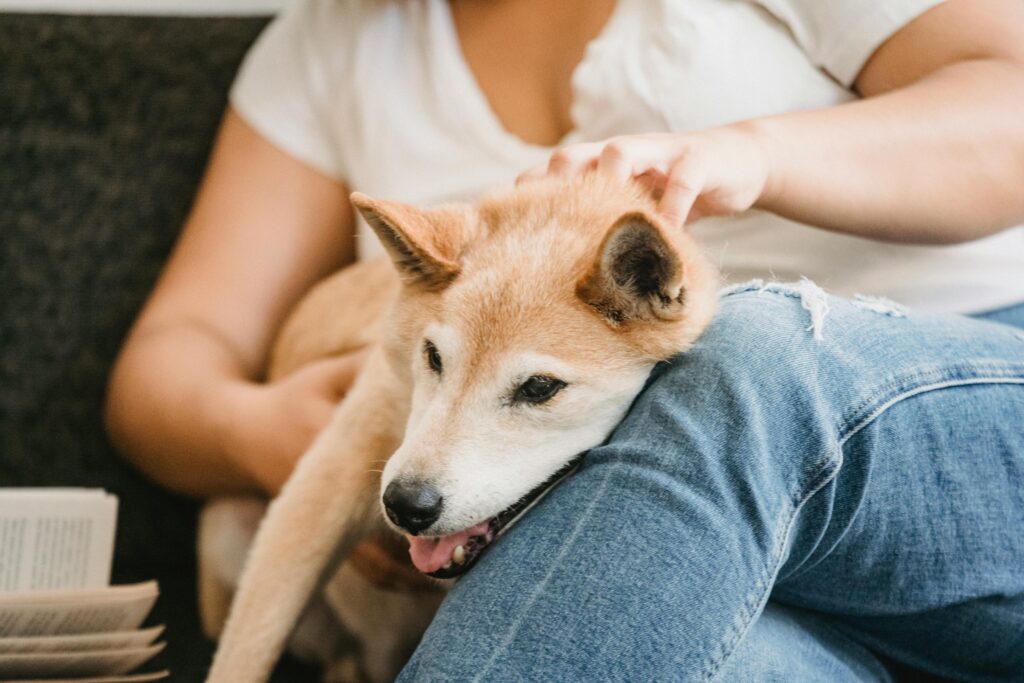
If dogs develop behaviors and traits similar to their humans, the way you manage your emotions and lifestyle matters more than you think. By becoming more aware of your own mood and behavior, you can help your dog feel more balanced. Mindfulness practices, exercise, and social engagement benefit not just you but also your dog. Creating a stable environment filled with affection and routine encourages your dog to develop healthy personality traits. Dogs develop confidence and security when their owners are emotionally present and predictable.
How to Shape a Healthy Dog Personality
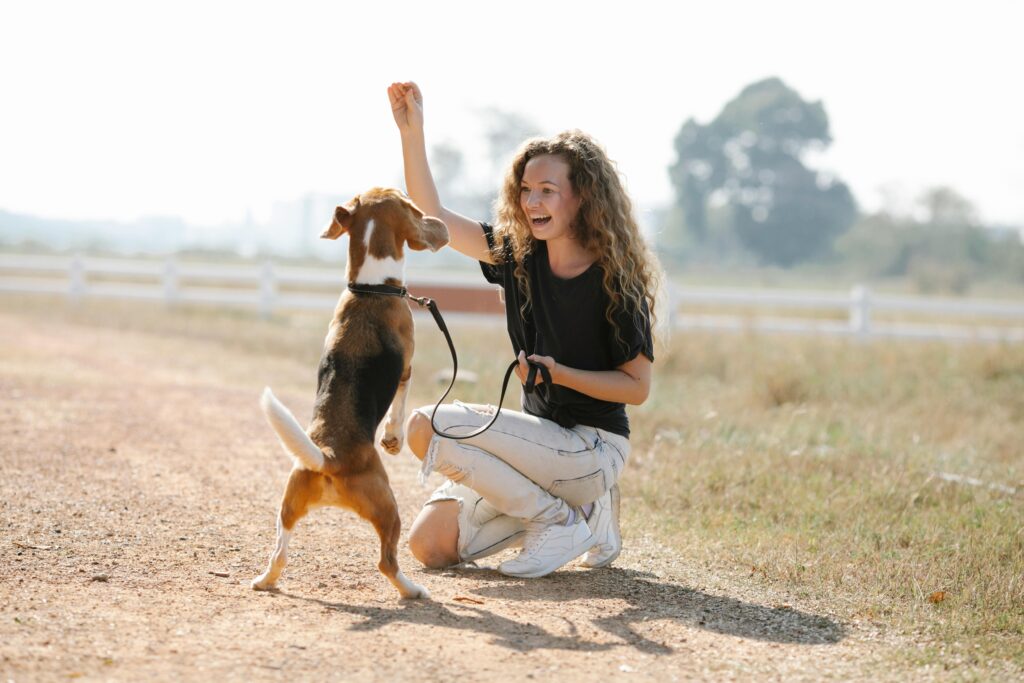
Dogs develop best in environments that are rich in stimulation, structure, and love. Engage with your dog daily through walks, training, and play. Speak to your dog often using a calm, cheerful tone. Your voice and body language are your dog’s primary cues for understanding the world. Consider the emotional environment in your home. If there is frequent conflict or high tension, it may cause your dog to become anxious or withdrawn. Prioritize positive energy and emotional regulation. This will help your dog feel safe and encourage a personality that is happy and calm.
Read More: Science Shows That Women Sleep Better Next To Dogs Than Men
Even Breed Differences Do Not Fully Explain It
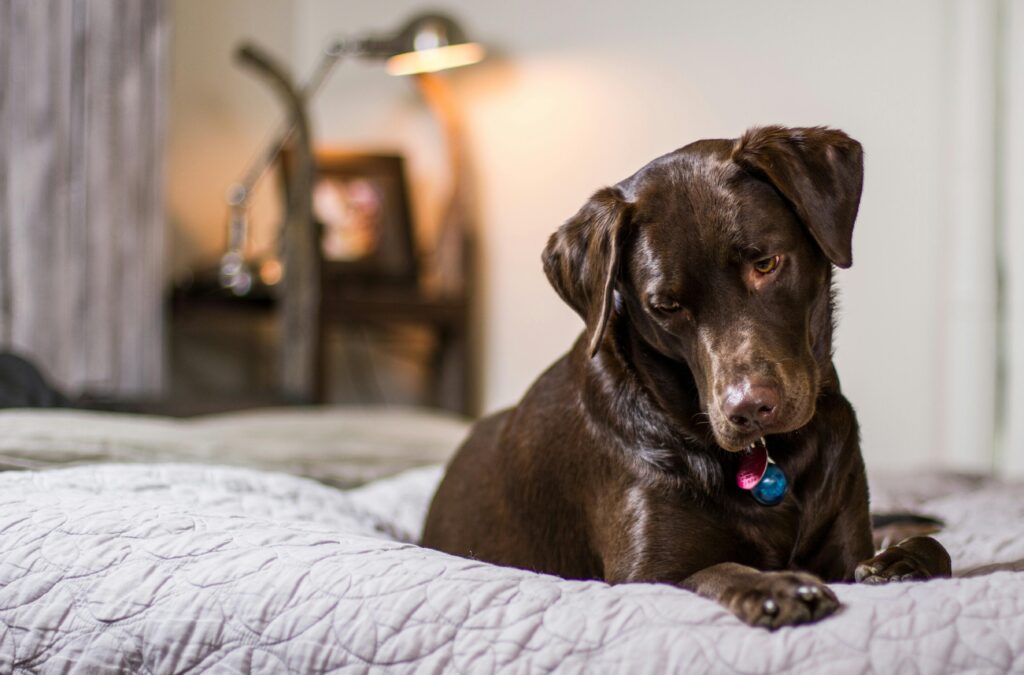
Breed characteristics influence a dog’s tendencies, but they do not dictate their full personality. Two Labrador Retrievers can have completely different behaviors based on their owners’ personalities. Dogs develop unique traits in response to their individual relationships with their humans. This explains why some small dogs are bold and adventurous while others are shy and fearful. While genetics set the stage, the script is written by daily life with their human.
Children and Multi-Person Households Add Complexity
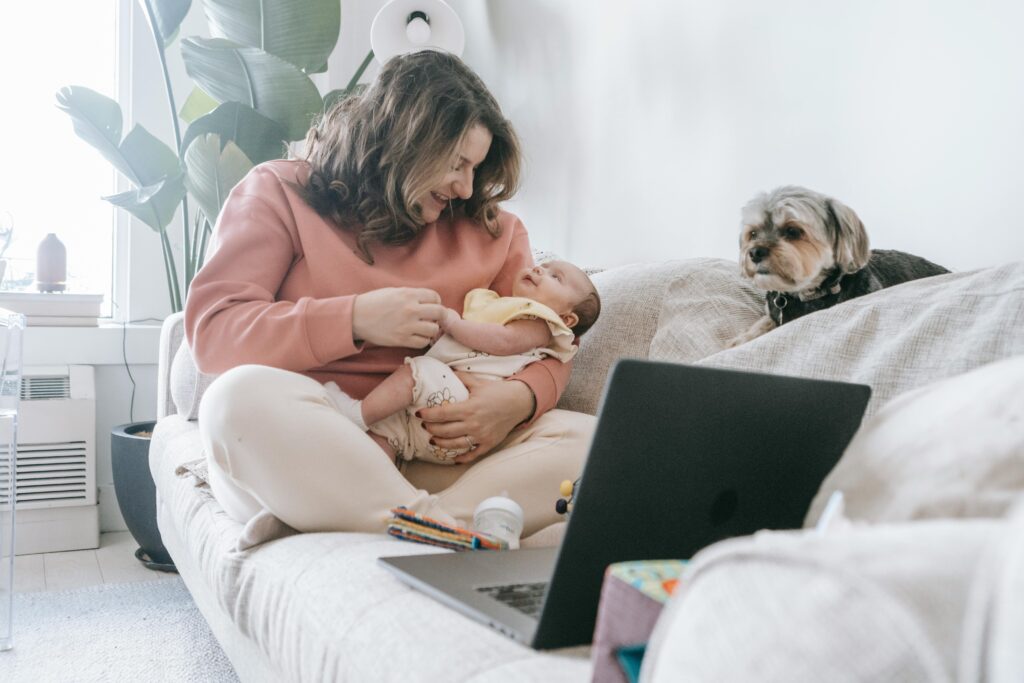
In homes with multiple people, dogs develop a blended personality influenced by everyone they interact with. However, studies show that dogs still form stronger emotional bonds with the person who spends the most time with them. Children’s energy and unpredictability may lead dogs to be more playful but also more reactive. It is important for all family members to be involved in training and emotional bonding. Consistency in communication and care is key. Otherwise, dogs develop confusion or anxiety over mixed signals.
The Bond Is a Two-Way Street
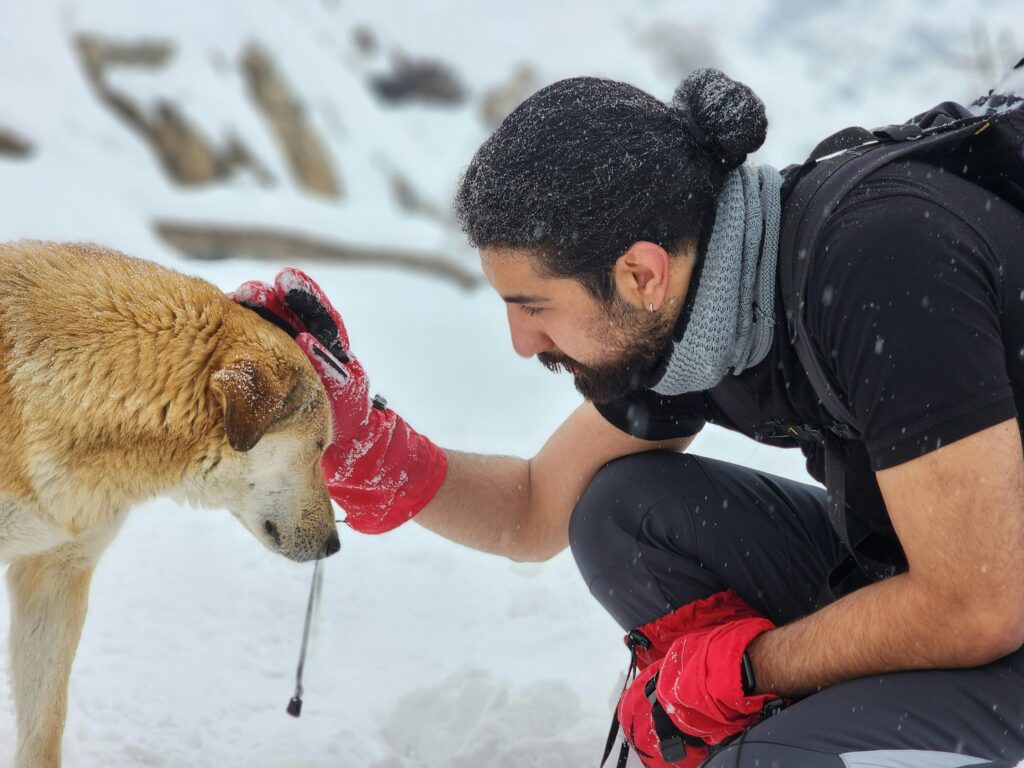
Just as dogs develop to resemble their owners, the reverse is often true. Many owners find that their dog’s personality affects their own mood and behavior. A relaxed dog can help reduce blood pressure and increase serotonin levels. A high-energy dog may encourage more physical activity. The emotional feedback loop between dog and owner is powerful and continuous. Each influences the other every day through countless small interactions.
Shared Personality Traits
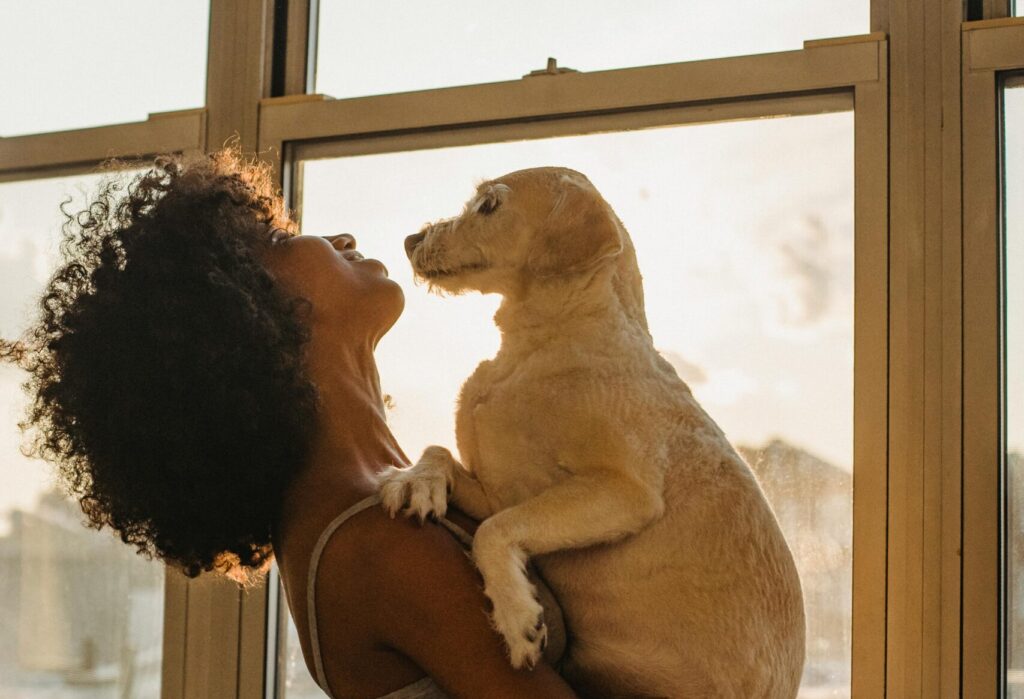
The research is clear. Dogs develop more than habits from their owners, they develop entire emotional profiles that reflect the people they live with. Whether you are introverted or outgoing, calm or anxious, your dog is likely to show similar tendencies. This knowledge empowers owners to become more mindful of how their emotional patterns impact their pets. Dogs develop best when they are supported by emotionally aware, engaged, and loving humans.
Read More: 5 Uncanny Things Dogs Can Sense That We Never Will
A New Era of Understanding Pets
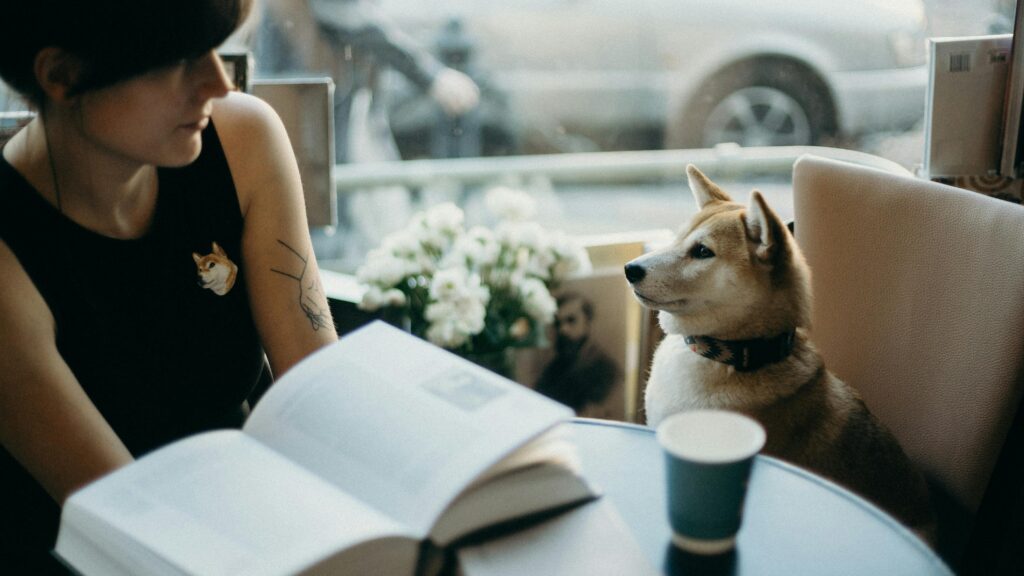
As science continues to uncover the emotional depth of animals, the way we think about dogs is changing. No longer just loyal companions, dogs are now understood as emotional partners who adapt and evolve based on their human’s behaviors. Recognizing that dogs develop alongside us with emotional depth invites more empathy and intention into how we raise them. Treat your dog with the care and attention you would give a close friend or child. After all, the personality they grow into might just be a reflection of you.
Disclaimer: This article was created with AI assistance and edited by a human for accuracy and clarity.
Disclaimer: This information is not intended to be a substitute for professional medical advice, diagnosis or treatment and is for information only. Always seek the advice of your physician or another qualified health provider with any questions about your medical condition and/or current medication. Do not disregard professional medical advice or delay seeking advice or treatment because of something you have read here.
